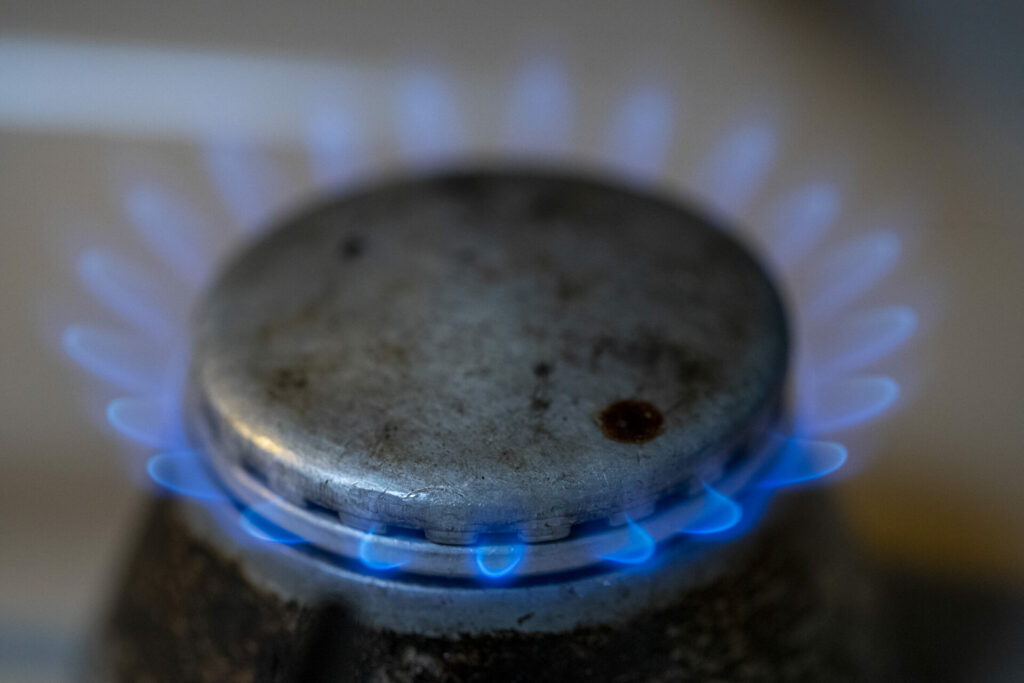Gas prices in Europe rose sharply on Monday on the back of a rebellion conducted by the Russian private military company Wagner against the Kremlin and its military leadership.
This revolt which, for a few hours, appeared to plunge Russia into civil war, constituted a significant risk for gas traders, especially in the context of pipeline deliveries to Europe.
On the Dutch TTF Natural Gas Futures index, which serves as a benchmark for European gas prices, the price of gas rose by more than 13% to around €37 per megawatt hour.
Gas deliveries to Europe from Russia have dropped significantly since the start of the war, but major gas pipelines, especially through Ukraine, still deliver important volumes.
The Wagner mutiny once again poses questions for gas traders about Russia as a reliable energy supplier.
Before its destruction, Russia all but turned off the taps off on gas deliveries to Europe through the Nord Stream pipelines, citing technical issues. In the winter of 2021, the country throttled the supply of gas to push for the need of a second pipeline, the Nord Stream 2.
Related News
- Gas prices in Europe fall below €26 per megawatt-hour
- Dutch authorities warned CIA about alleged Ukrainian plan to destroy Nord Stream
Gas prices climbed around 30% this month from record lows as a result of disruption in gas supply from Norwegian gas fields due to maintenance work. High temperatures have also significantly boosted demand for electricity generation for air conditioning and cooling systems, driving prices up.
Growing competition for LNG supplies from Asia, which is also enjoying its hottest season, has equally placed pressure on the market. Altogether, gas prices have almost doubled in two weeks.

